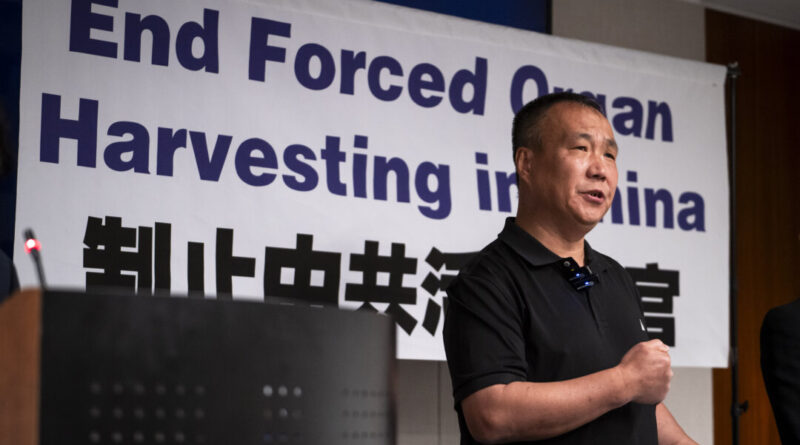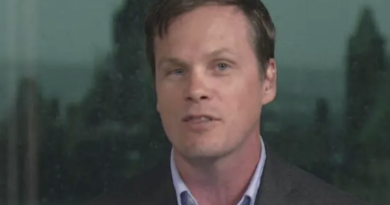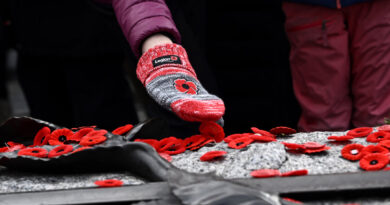CCP Accuses Itself by Targeting Survivor of Forced Organ Harvesting: Human Rights Activists
Beijing verified the man’s story of surviving forced partial liver and lung removal in an effort to discredit him.
WASHINGTON—The Chinese regime may have inadvertently incriminated itself in the crime of forced organ harvesting while trying to discredit the first survivor to come forward from China, according to human rights observers.
Cheng’s Remarkable Survival
Halfway into his eight-year sentence in November 2004, Cheng, in protest of the ongoing abuse, swallowed a blunt nail and a small rusty blade.
Prison guards quickly intervened, knocked him down, and transported him to the hospital. There, despite Cheng’s refusal, the guards coerced him to sign consent forms for surgery, sedating him with six guards pinning him down.
He woke up three days later, restrained to a hospital bed with a 14-inch incision around his left chest. Cheng was then returned to the prison.
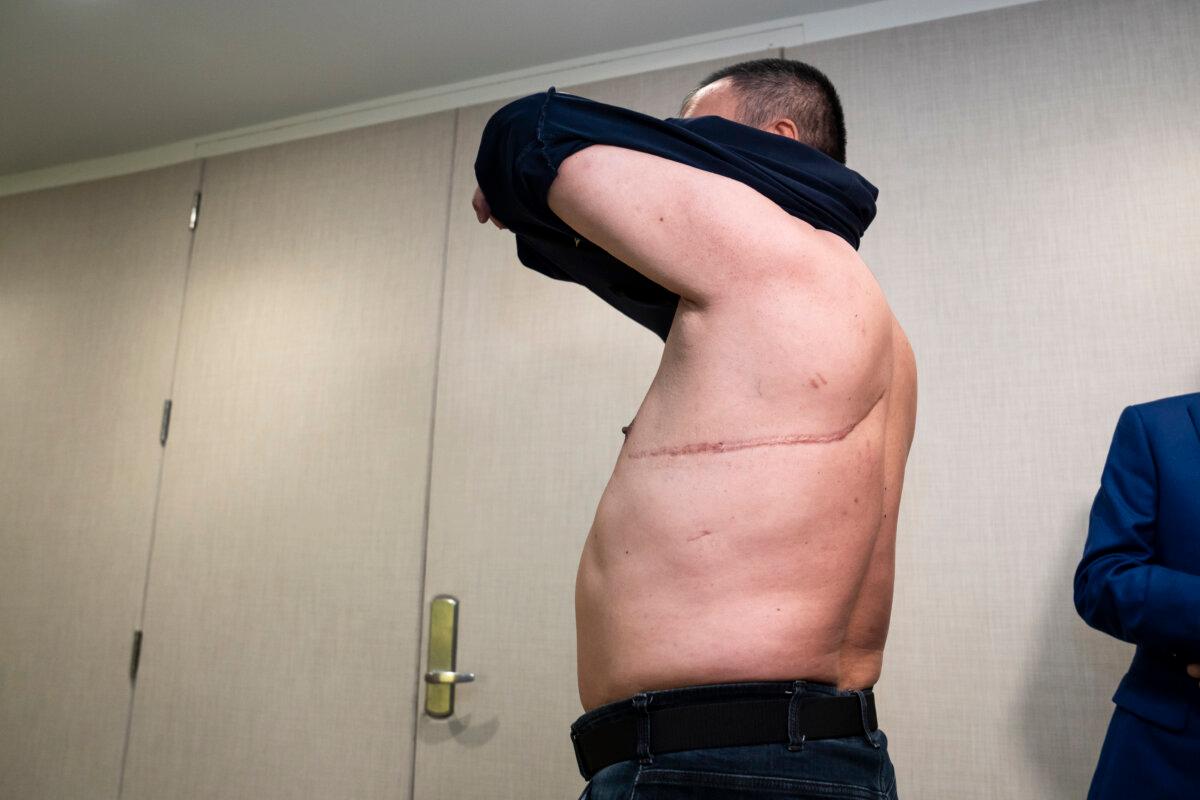
Cheng Peiming, a Falun Gong practitioner who had part of his liver and lung forcibly removed in China, shows his scar after a press conference in Washington on Aug. 9, 2024. Madalina Vasiliu/The Epoch Times
Shortly after, in March 2006, he was suddenly taken to the hospital again and informed that he needed a high-risk surgery with a high fatality rate for allegedly swallowing another blade—which he had not.
Convinced they intended to kill him this time, Cheng seized an opportunity when the guards dozed off and successfully escaped.
Strikingly, this occurred just before the first whistleblowers approached The Epoch Times with revelations of organ harvesting conducted covertly at Chinese state medical facilities. Cheng shuddered at the thought of what could have befallen him when he learned of these reports.
Since fleeing China, he has undergone multiple physical examinations. Three medical experts from the United States and Taiwan have affirmed surgically removing a portion of his liver and lung.
As the first known survivor of such atrocities, Cheng decided it was time to share his story.
Unintentional Disclosures
The widely circulated article detailing the Chinese Communist Party (CCP)’s response aimed at discrediting Cheng failed to address his suffering but instead depicted his press conference in July as occurring in a “low-ceilinged, cramped” room. It outright denied forced organ harvesting, dismissing it as a “rumor” perpetuated by “Western anti-China forces,” and claimed that Cheng’s surgery was to remove the blade and nail.
Despite the denials, the regime’s revelations may have been more telling than intended.
Nina Shea, director of the Center for Religious Freedom at the Hudson Institute, noted that the article inadvertently provided crucial evidence supporting Cheng’s account.
“How did I know he was a prisoner? I didn’t know that. I didn’t have evidence of that. I don’t think he had evidence of that, but they gave evidence of it,” Shea explained during an interview with The Epoch Times.
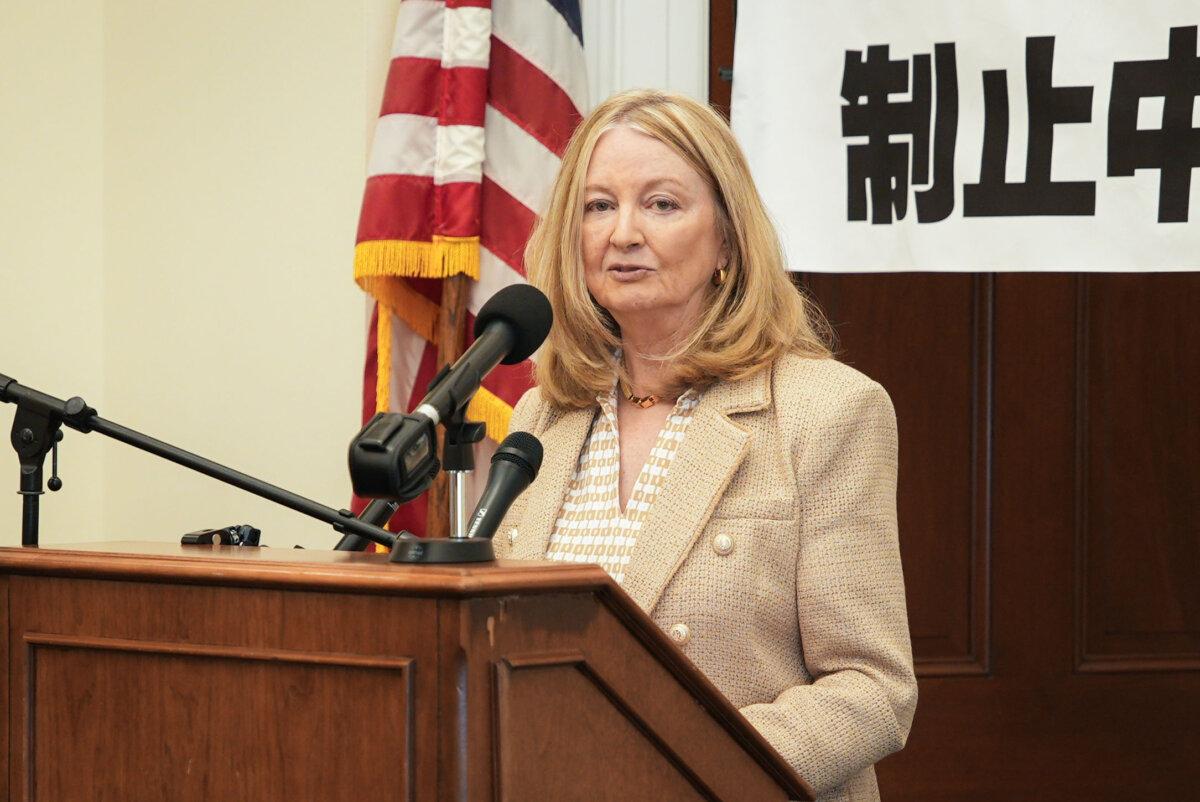
Nina Shea, a senior fellow and director of the Center for Religious Freedom at the Hudson Institute, speaks at a briefing about forced organ harvesting held at the Cannon House Office Building in Washington, on Sept. 4, 2024. Alex Martin for The Epoch Times
She observed that the article also corroborated that Cheng had been imprisoned for his beliefs, taken to the hospital, underwent surgery that resulted in the scar on his body.
What’s more, the CCP departed from its usual blanket denials by addressing the issues specifically, indicating they consider the case serious enough to merit a more focused response, as per Robert Destro, who assisted in Cheng’s relocation to the United States when he served as the assistant secretary of state for democracy, human rights, and labor.
“I’m amazed that there’s any official narrative at all,” he remarked during an interview with The Epoch Times.
“As we lawyers would say, that’s an admission against interest,” he added, referring to statements made outside of court that can be used as evidence against the speaker.
Shea emphasized that the Chinese authorities appear “on the defensive.” She highlighted that it is significant that the denials were issued by public security rather…
